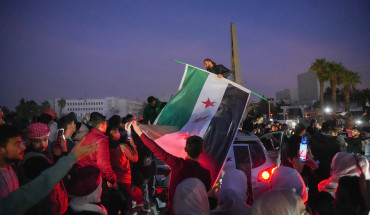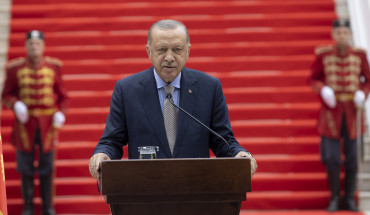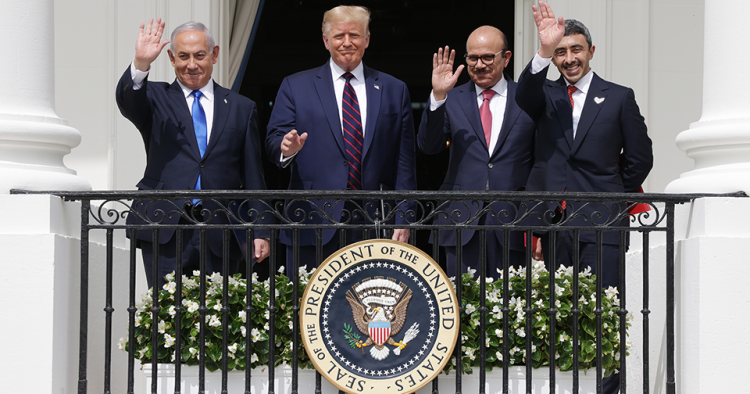11:30 AM - 12:45 PM EST [Washington D.C]
6:30 PM - 7:45 PM EET [Ramallah]
As Americans head to the polls in November the results will have far reaching implications for Americans and the global community alike—perhaps none more so than Israelis and especially Palestinians. Insofar as Israelis and Palestinians are concerned, the differences between President Donald Trump and former Vice President Joe Biden could not be more stark. While Trump has upended one sacred pillar of the peace process after another Biden has pledged to reverse the most destructive of these policies in the hope of salvaging what remains of a two-state solution and to restore U.S.-Palestinian relations, now at an all-time low.
Even as the Trump administration has worked to preempt virtually all issues of concern to the Palestinians—from Jerusalem and refugees to the prospect of self-determination—Palestinians are themselves beset by a host of internal and external challenges. Internal political division, institutional paralysis, and a chronic economic crisis, have brought the Palestinian Authority (PA) to the verge of collapse and sapped its legitimacy. Meanwhile, the recent normalization deals between Israel and the UAE and Bahrain, and the possibility further normalizations, have underscored the marginalization of the Palestinian cause, both in the region and in the global policy discussion.
What is—or should be—the Palestinian national strategy in light of these unprecedented challenges? Can the PA survive another Trump term? Would an ostensible return to the status quo ante by a Biden administration be enough to save the two-state solution?
Speakers:
Martin Indyk
Distinguished fellow, Council on Foreign Relations
Nour Odeh
Founder and CEO, Connect Strategic Communications (Ramallah, Palestine)
Shibley Telhami
Anwar Sadat Professor for Peace and Development, University of Maryland
Khaled Elgindy, moderator
Senior fellow and director, Program on Palestine and Palestinian-Israeli Affairs, MEI
Photo by Alex Wong/Getty Images











